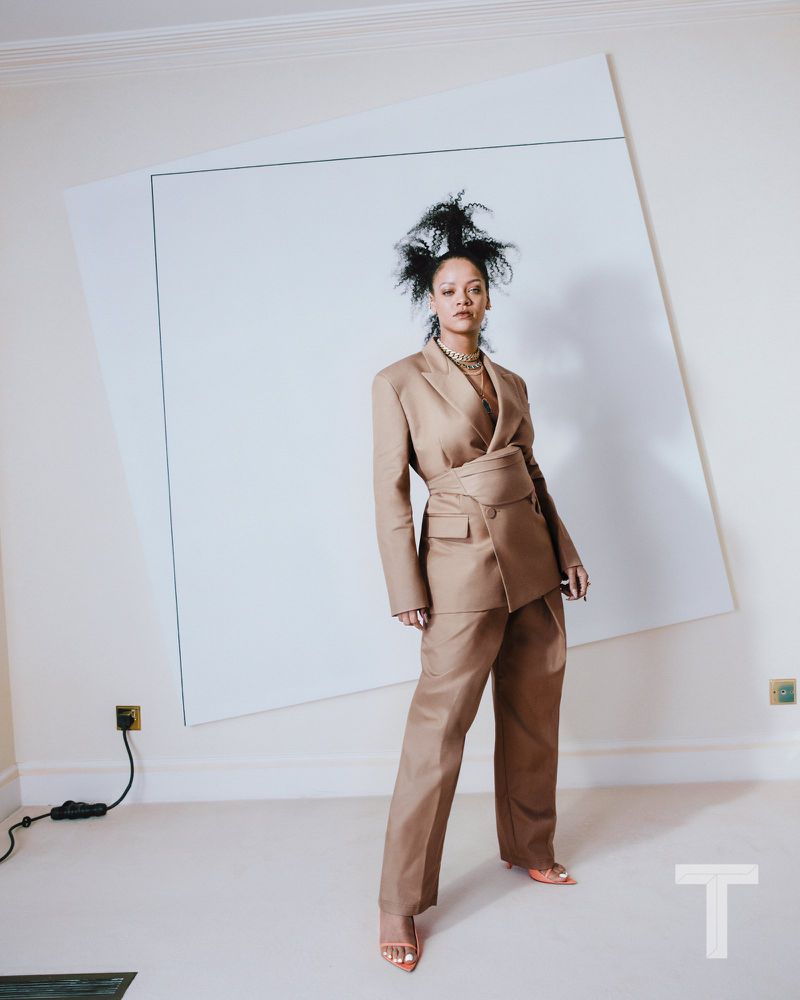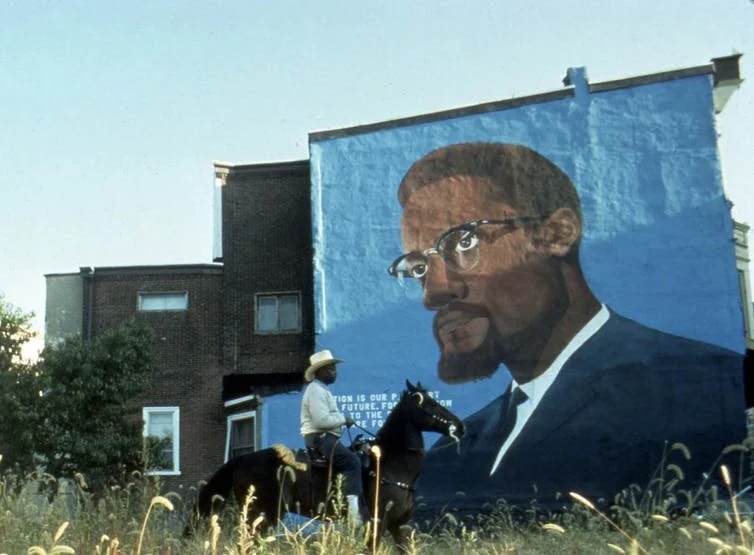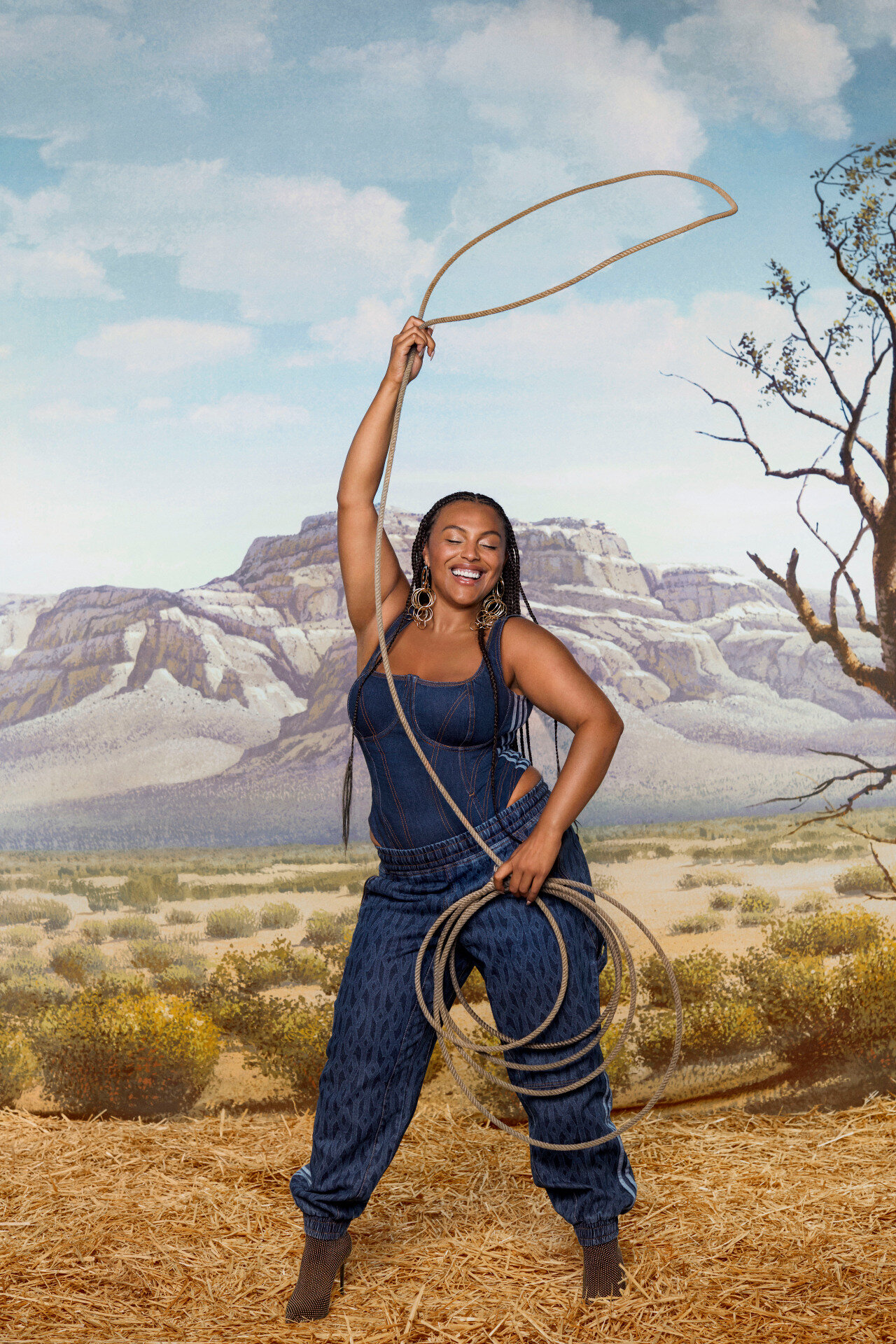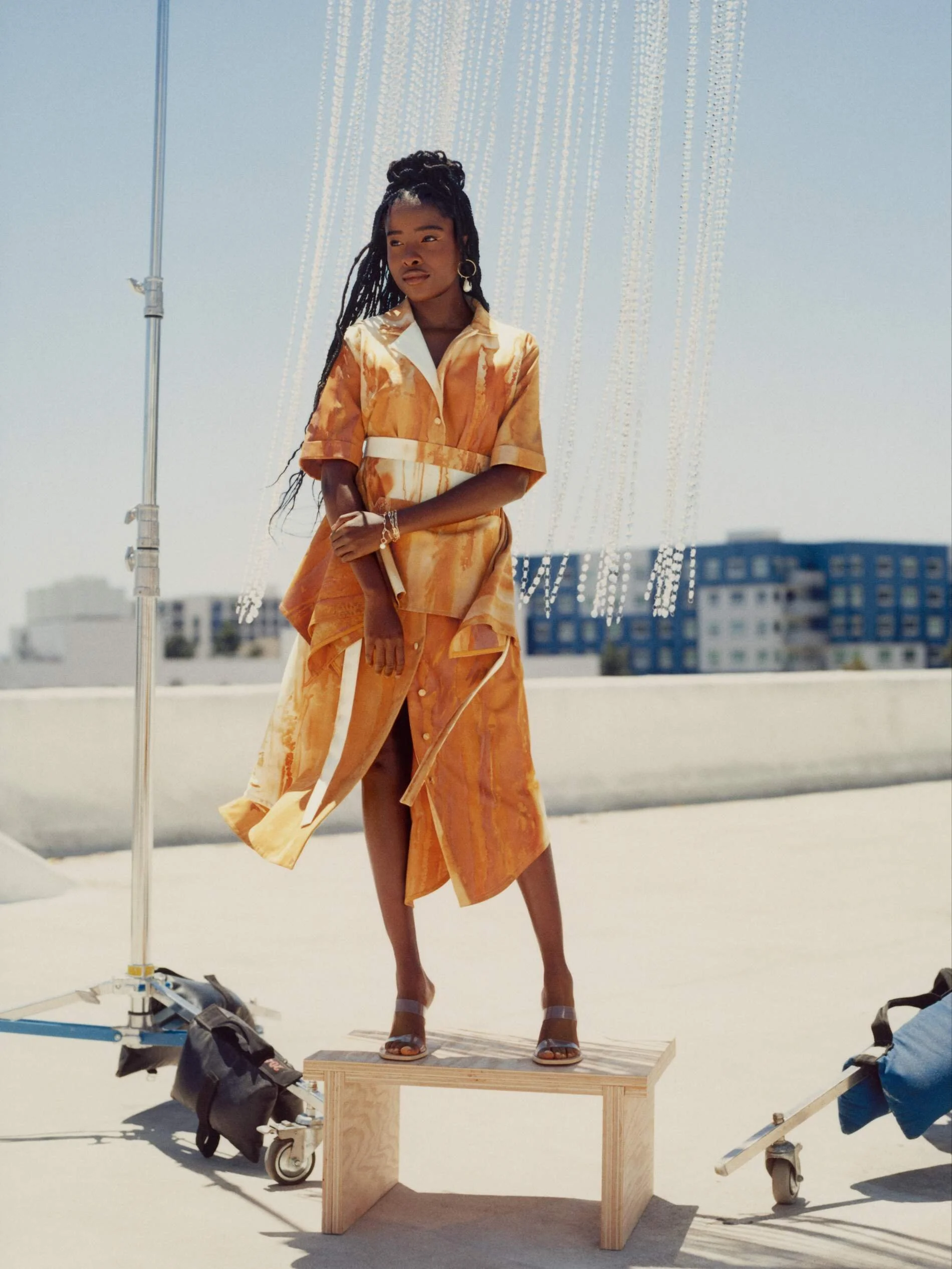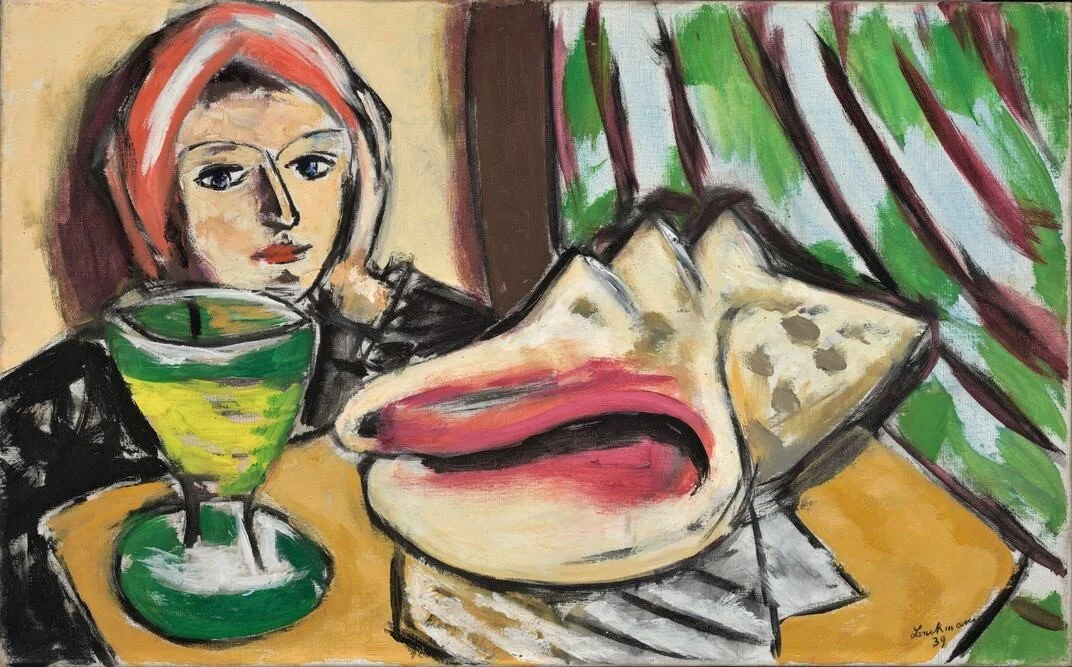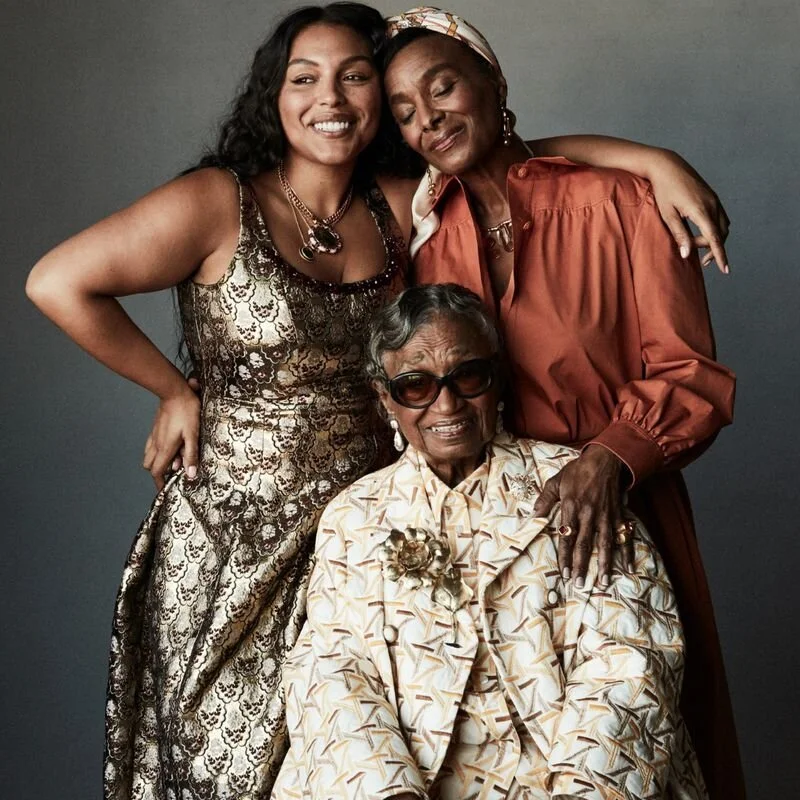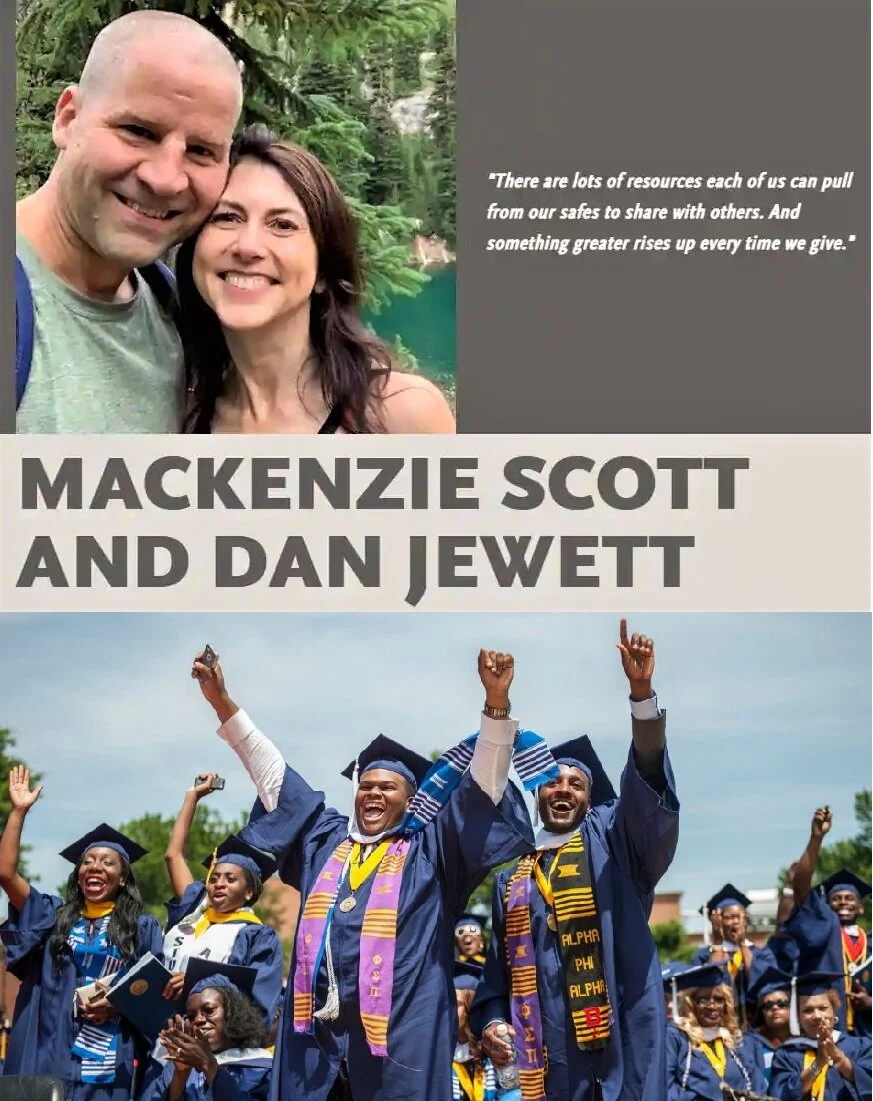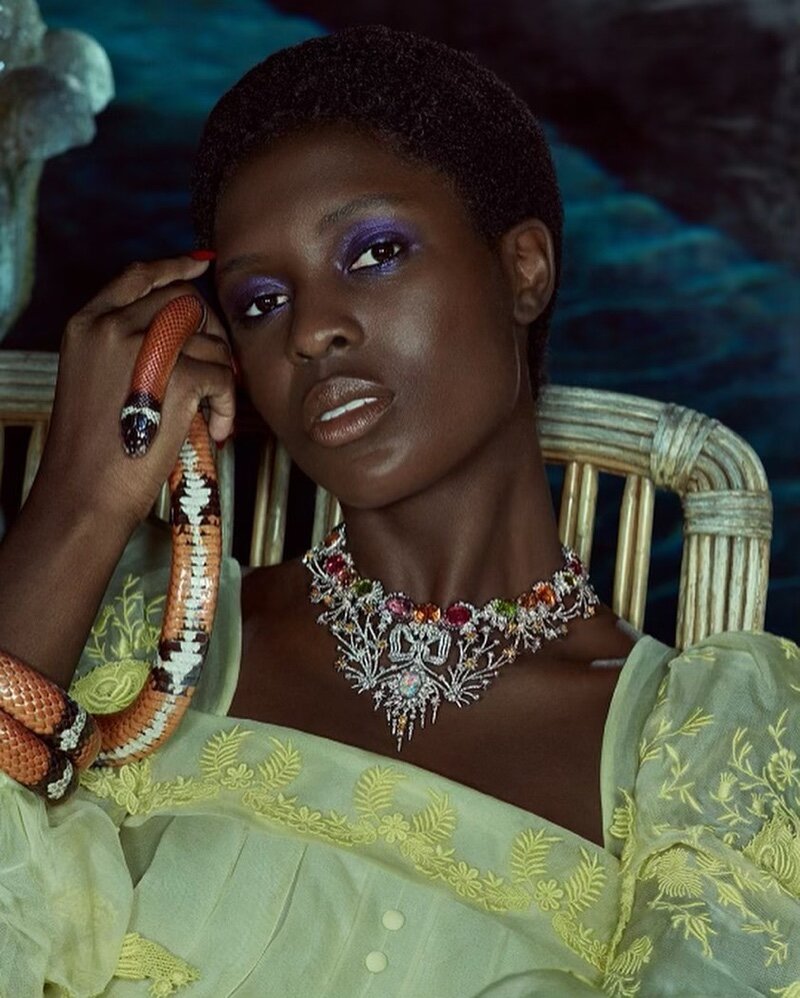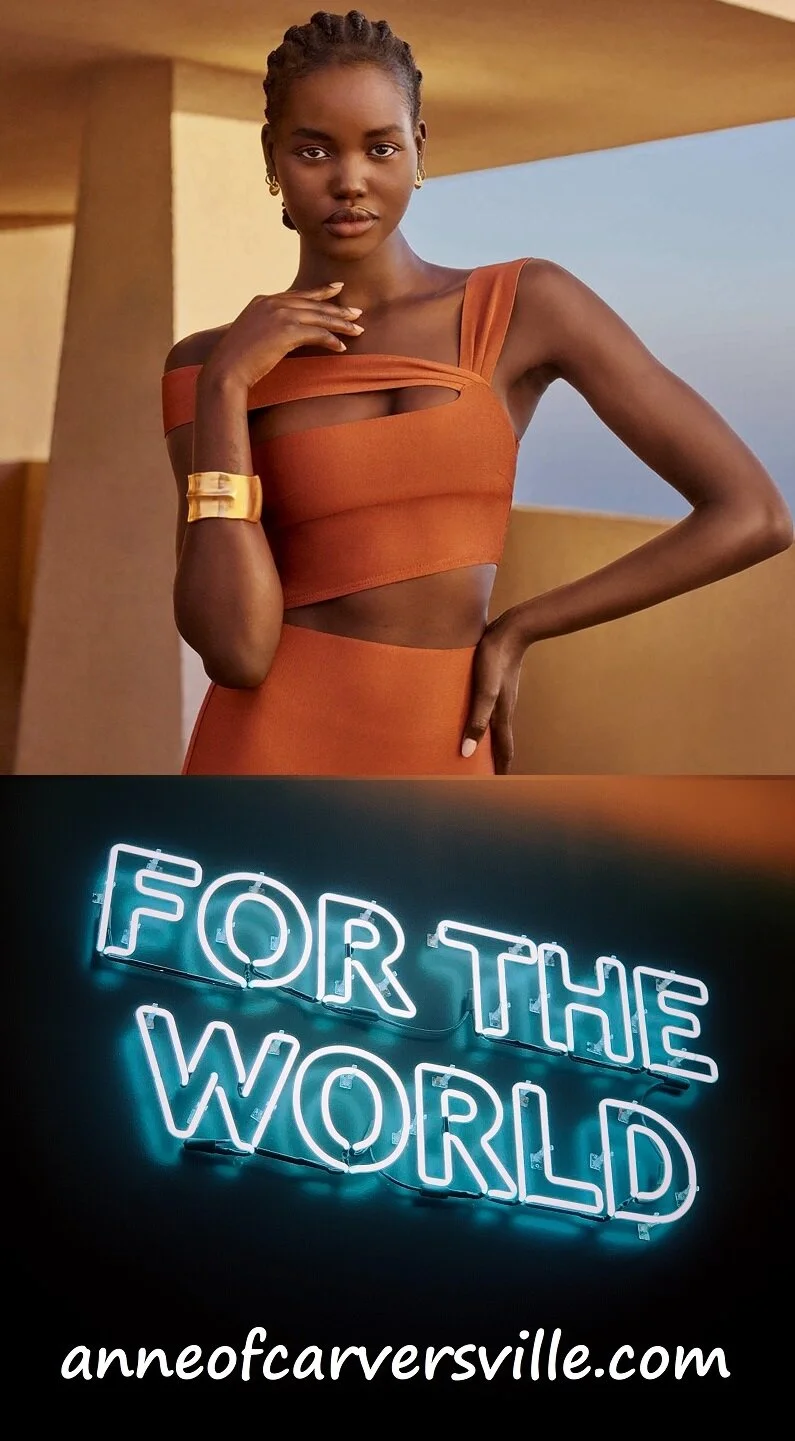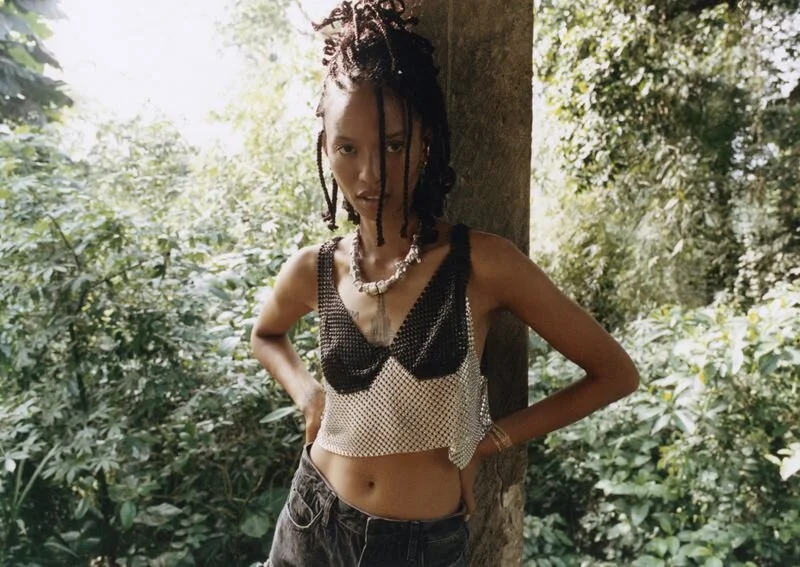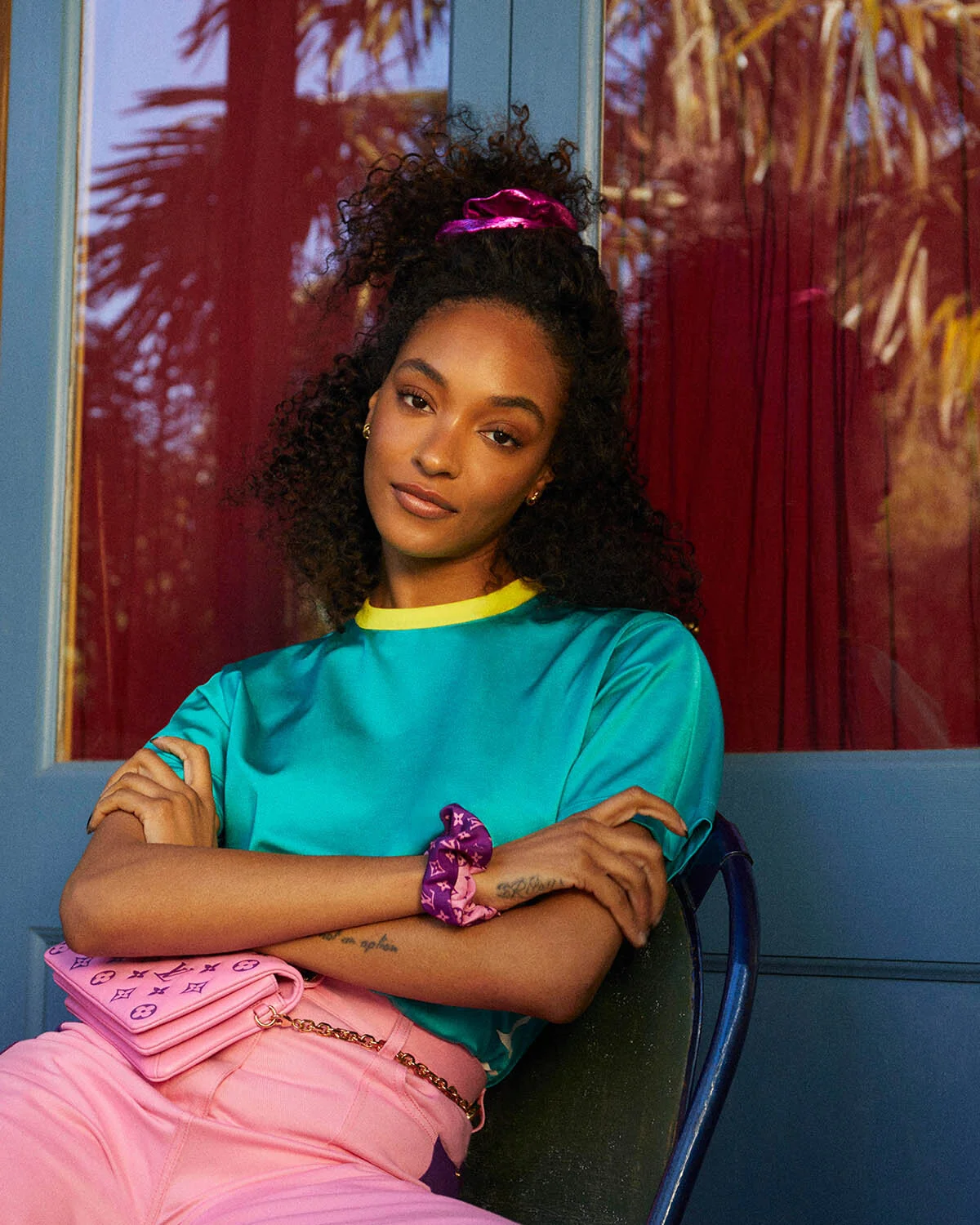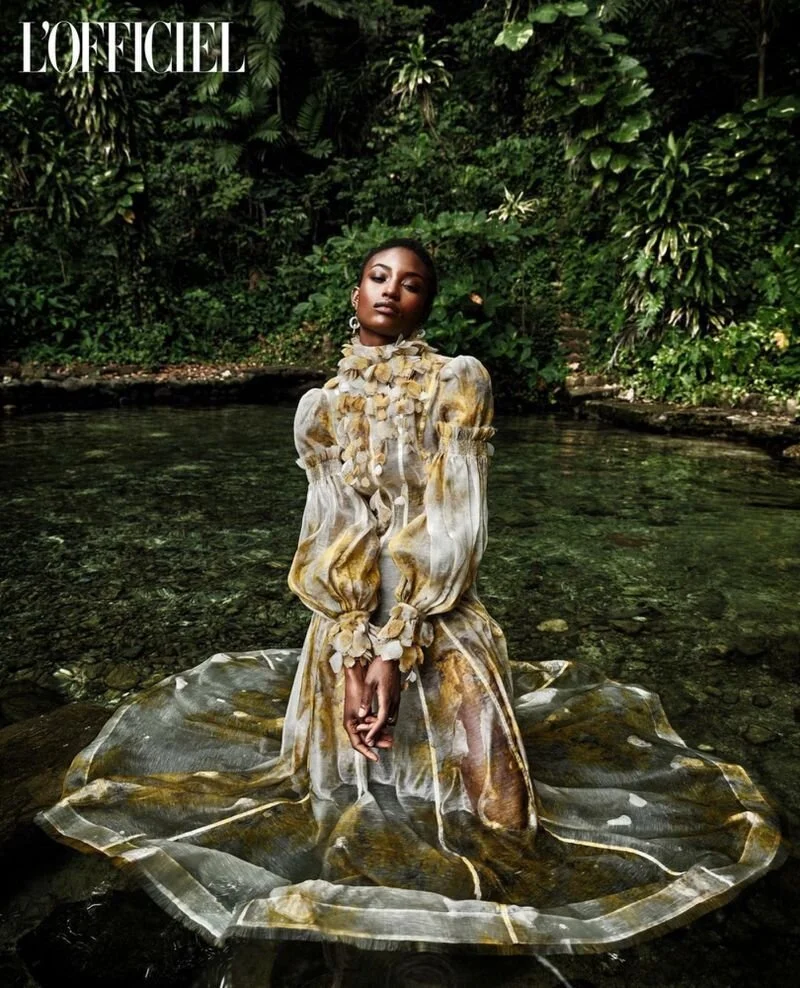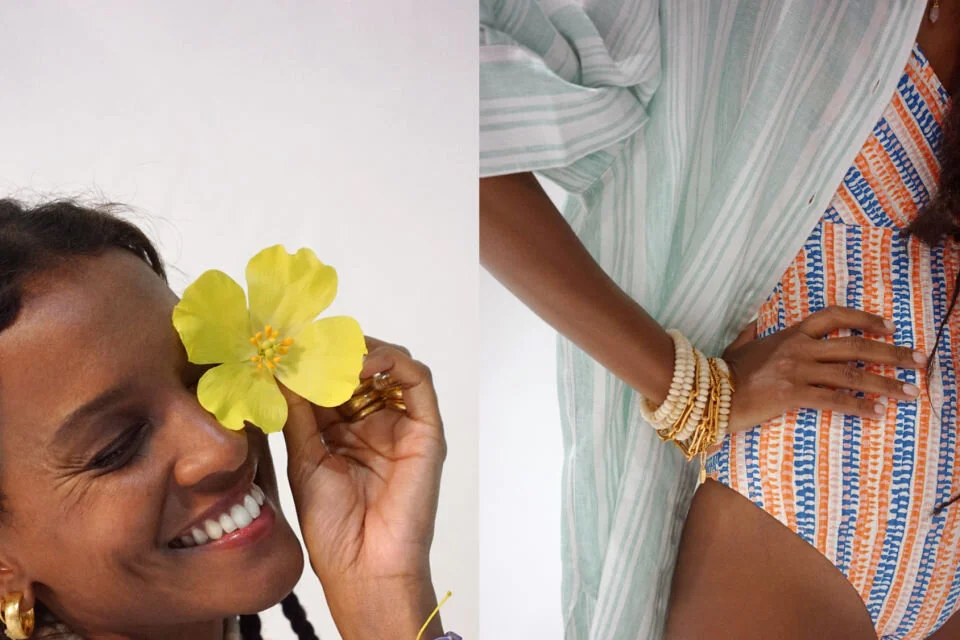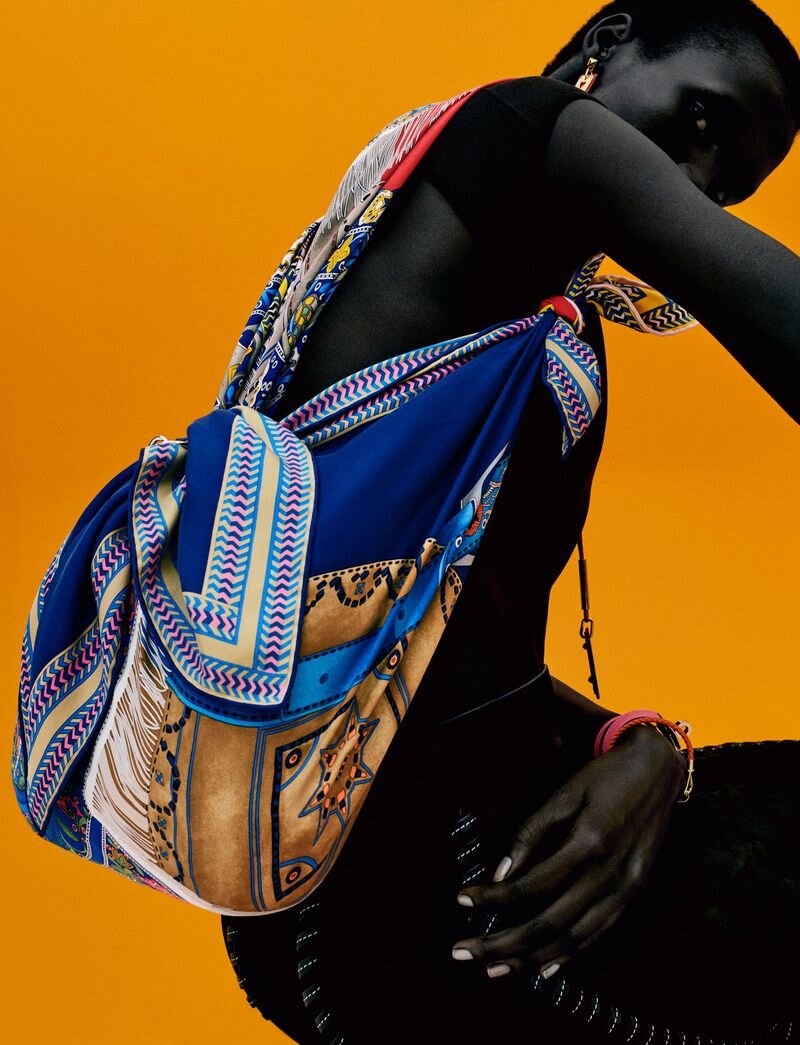Rihanna Talks Being First Black Woman In Charge Of Major Luxury Fashion House For T Magazine June 2019
/The New York Times T Magazine June 2019 previewed Rihanna’s now open FENTY Collection, produced with her business partner LVMH. Key FENTY looks are styled here by Suzanne Koller for images by Kristin-Lee Moolman. / Hair by Yusef Williams; makeup by Lauren Parsons
In this next act of Rihanna’s journey, the pop star becomes the first black woman in charge of a major luxury fashion house in Paris.
Rihanna is interviewed by Jeremy O. Harris, an American actor and playwright, known for his plays ‘Daddy’ and ‘Slave Play’. This is no ordinary, glossy interview. Harris writes:
“For three years, I have been a diligent student of Rihanna’s 2016 song “Work.” The first lesson it taught me was in the fine art of ubiquity: The omnipresent earworm hovered over casual intimacies, significant encounters, mundane journeys and made sense of itself wherever, in whatever crevices it chose. Then “Work” found its way into my own work. In my script for “Slave Play,” which debuted at New York Theater Workshop in 2018, the protagonist Kaneisha suffers from obsessive-compulsive disorder and Rihanna’s “Work” plays in her head on repeat, taking on a frighteningly oppressive quality and revealing the historic bedrock I was attempting to excavate: namely, that black people, specifically women, must live with the knowledge that their emotional and physical labor is the backbone of every relationship that they endeavor to have with their partners, with America. The song, which weaves through the dialogue, brought more attention to the play than any other device could have. “
Corset dress in Japanese denim, $810. Sunglasses, $480. Leather shoes, $625. All clothing and accessories are by Fenty,fenty.com. Jewelry, unless noted, is Rihanna’s own. images by Kristin-Lee Moolman.
Jahleel Weaver, a stylist for Rihanna who is now Fenty’s style director explains how Fenty’s brand positioning is different from that of other luxury brands.
The mission of the Fenty clothing line, according to Weaver: “is to really speak to how multifaceted today’s woman is. We’re thinking about each release as a different facet to a woman’s wardrobe and how she approaches dressing. Luxury has been defined in the past as one woman, one brand: You know who the Saint Laurent woman is, you understood who the Céline woman was when it was Phoebe. Which is fine, but you think about how that relates to the modern woman. I don’t think she is just one thing, Rih being the perfect example of that.”
Hopping over lots of interesting chit chat, Harris asks Rihanna a very interesting question.
JH: What lessons do you think you could learn from failing with this Fenty project?
RF: So many, because it’s the beginning of a new world. Everything was a collaboration, so I’ve plugged my DNA into theirs (LVMH), but there was already a blueprint. I’m learning so much: about the tailoring, the fabric — I’m seeing fabrics that I’ve never seen in my life.
Rihanna never answers that question. Failing with LVMH is not part of her vocab, nor Bernard Arnault’s. Next? I must be prescient, because 30 paragraphs later, Harris returns to his thwarted attempt at Rihanna-revelation.
JH: Did you feel fear when it came to working with LVMH and Arnault?
RF: No, I got this pressure to not let Arnault down. I felt like this is a moment in history that I have to live up to. This is my one shot and I only get one time to do it and it can’t be wrong. But I did get fear one time in my life, I can’t remember exactly about what: I remember my mom saying, like, “I see something in your eyes I’ve never seen before.” And I was like, “What?” And she was like, “Fear.” And I started crying. So any time I get that anxiety feeling, I literally try to shove it right back down to nothing.
JH: You visualize it. Before I go, one last question: When are you going to take a vacation from all of this? Is it going to be when you’ve made enough money — is there a number in your mind?
RF: I never thought I’d make this much money, so a number is not going to stop me from working. I’m not being driven by money right now. Money is happening along the way, but I’m working out of what I love to do, what I’m passionate about. Work will change when my life changes in the future but an amount of money is not going to stop that.
Read the entire interview at T Magazine June 2019.

